The Church of England faces unique challenges as it strives to remain a meaningful part of modern society. While it still holds a place in the hearts of many, its relevance has been questioned in recent years. Let’s explore 21 key reasons why the Church of England is finding it increasingly difficult to stay connected.
Decline in Regular Attendance

One of the most visible signs of the Church of England’s struggle to stay relevant is the steady decline in regular attendance, and “the Covid pandemic accelerated a decline,” reveals The Guardian. Fewer people are attending Sunday services or engaging with the church on a weekly basis.
Aging Congregation
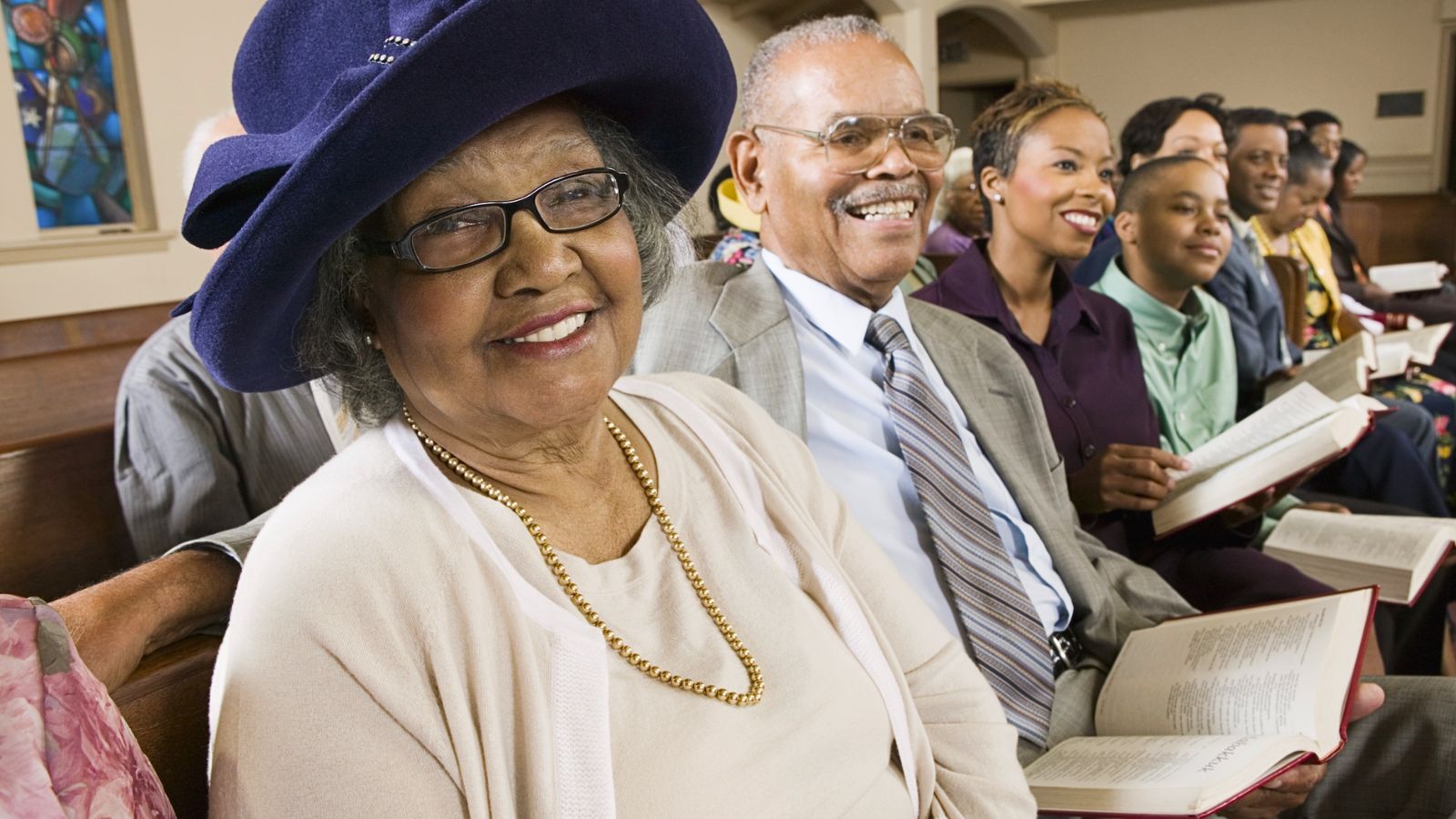
The Church faces the challenge of an aging congregation. Many of those who remain active in the Church are older adults, with fewer young people stepping in to fill the ranks. This demographic imbalance not only affects the vibrancy of the Church but also raises concerns about its future sustainability.
Perceived Outdated Beliefs
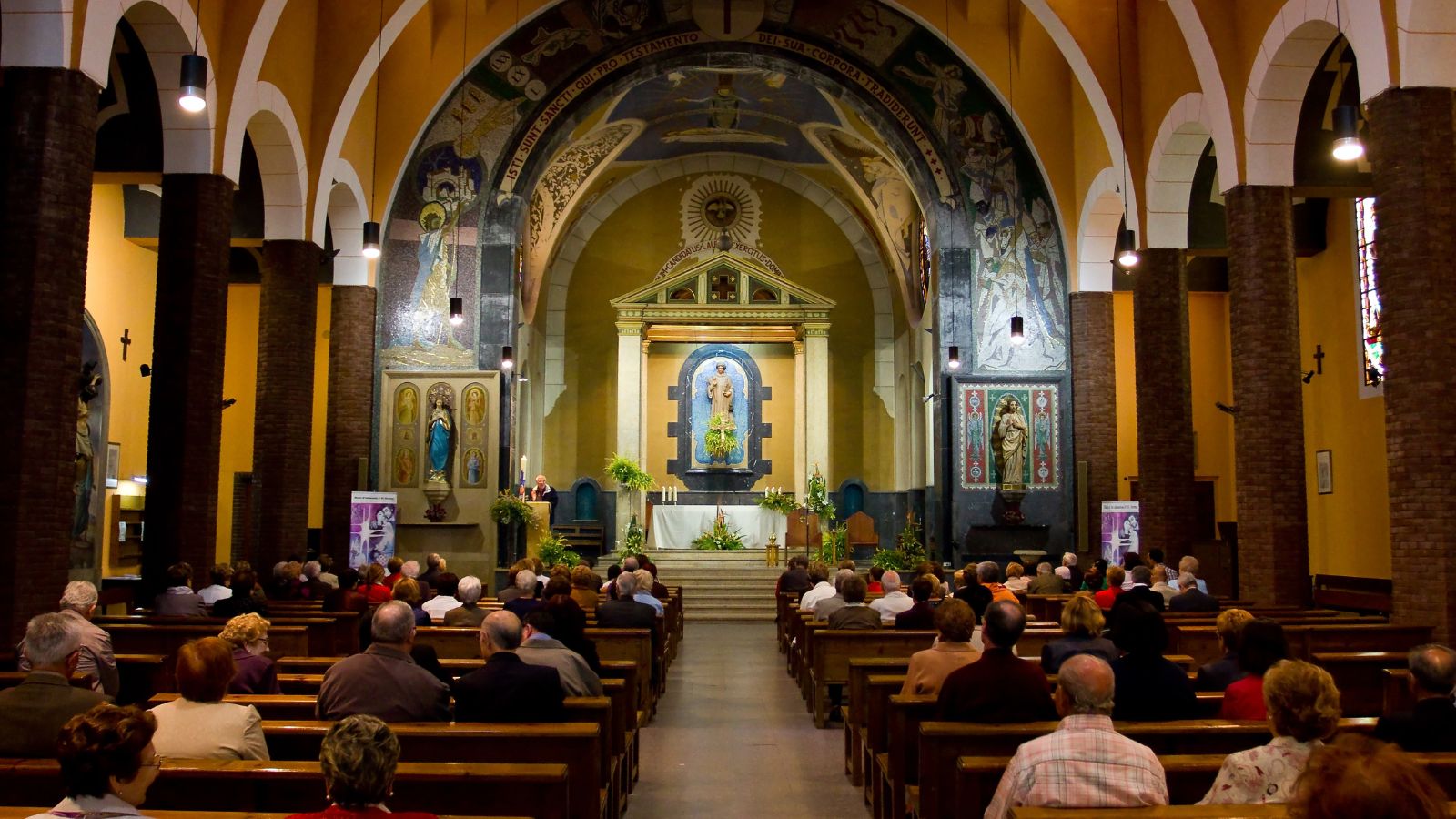
In an era of rapid social progress, the Church of England is often seen as holding onto outdated beliefs. While the Church has made efforts to modernise, some of its stances on issues like gender roles, LGBTQ+ rights, and marriage are viewed as out of touch with contemporary values.
Competing with Secularism
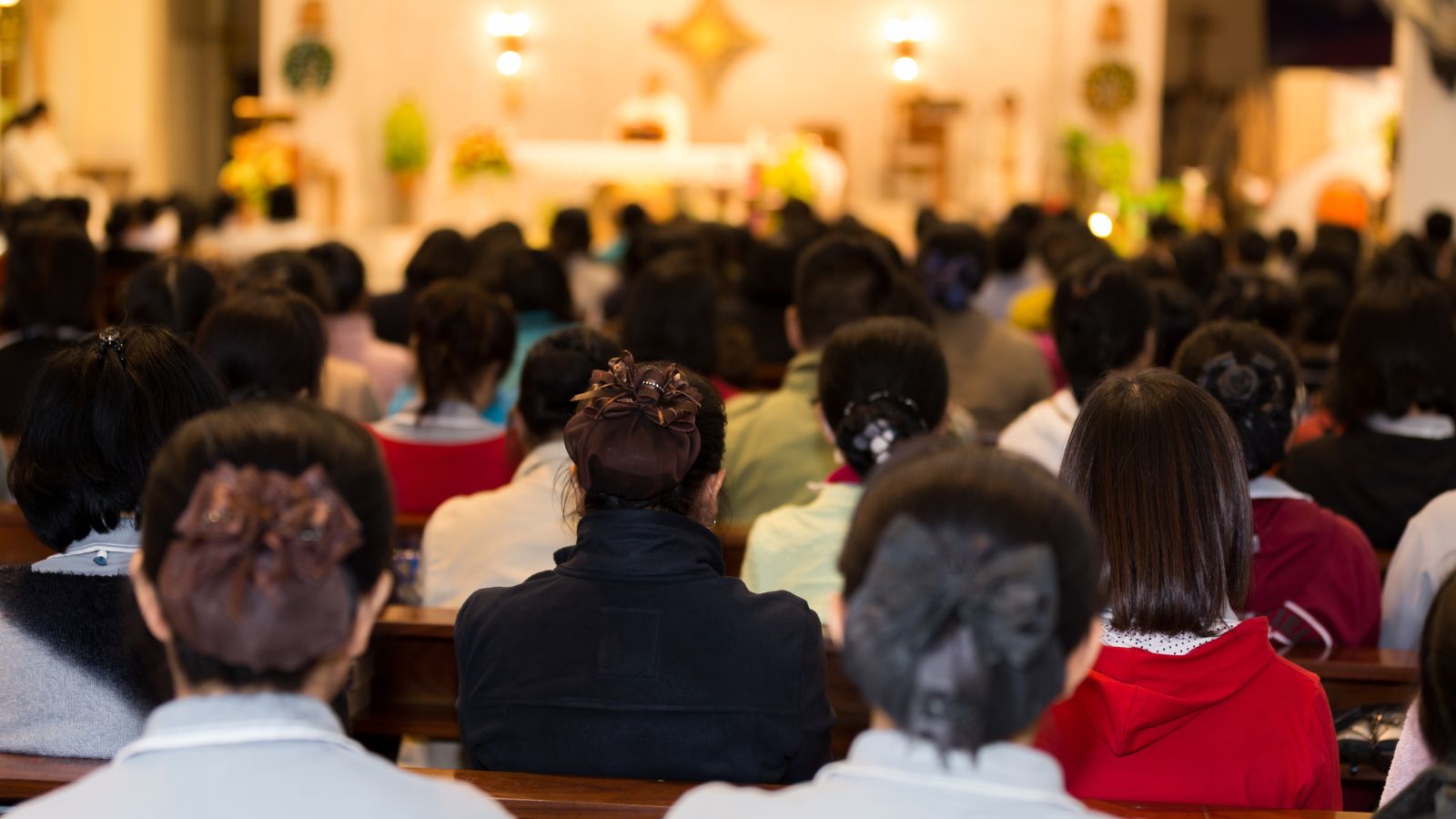
The rise of secularism has been one of the most significant challenges. As society becomes more secular, with fewer people identifying as religious, the Church finds itself competing with a growing number of people who don’t see religion as central to their lives.
Cultural Shifts

Cultural shifts in the UK have led to a more diverse and pluralistic society where multiple belief systems coexist. The Church, once a central institution in British culture, now operates in a landscape where it is just one of many voices. This diversification can dilute the Church’s influence, making it harder to maintain a prominent role in individuals’ lives.
Decline in Religious Education

With religious education no longer playing a central role in schools as it once did, fewer young people are growing up with a strong foundation in Christian teachings. The reduction in religious education has led to a generation that is less familiar with the Church’s doctrines and practices.
The Challenge of Tradition vs. Modernity

The CoE faces an ongoing tension between upholding tradition and embracing modernity. Some members value the Church’s rich history and time-honoured practices, but others call for more modern approaches that reflect contemporary society. This struggle to balance tradition with innovation can result in internal conflicts and confusion.
Declining Role in Public Life

Historically, the Church of England played a significant role in public life, influencing everything from politics to education. However, its influence has waned over time as the UK has become more secular and diverse. The Church’s voice is no longer as prominent in public discourse, and its ability to shape national debates has diminished.
Scandals and Controversies

Like many religious institutions, the CoE has been rocked by scandals and controversies over the years. These incidents, ranging from financial mismanagement to abuse allegations, have tarnished its reputation and eroded trust among the public—scandals can have a lasting impact, after all.
Complicated Relationship with Science

The relationship between religion and science has always been complex, and the Church of England is no exception. Where scientific advancements continue to shape our understanding of the universe, the Church’s teachings can sometimes seem at odds with modern scientific views.
Perception of Elitism
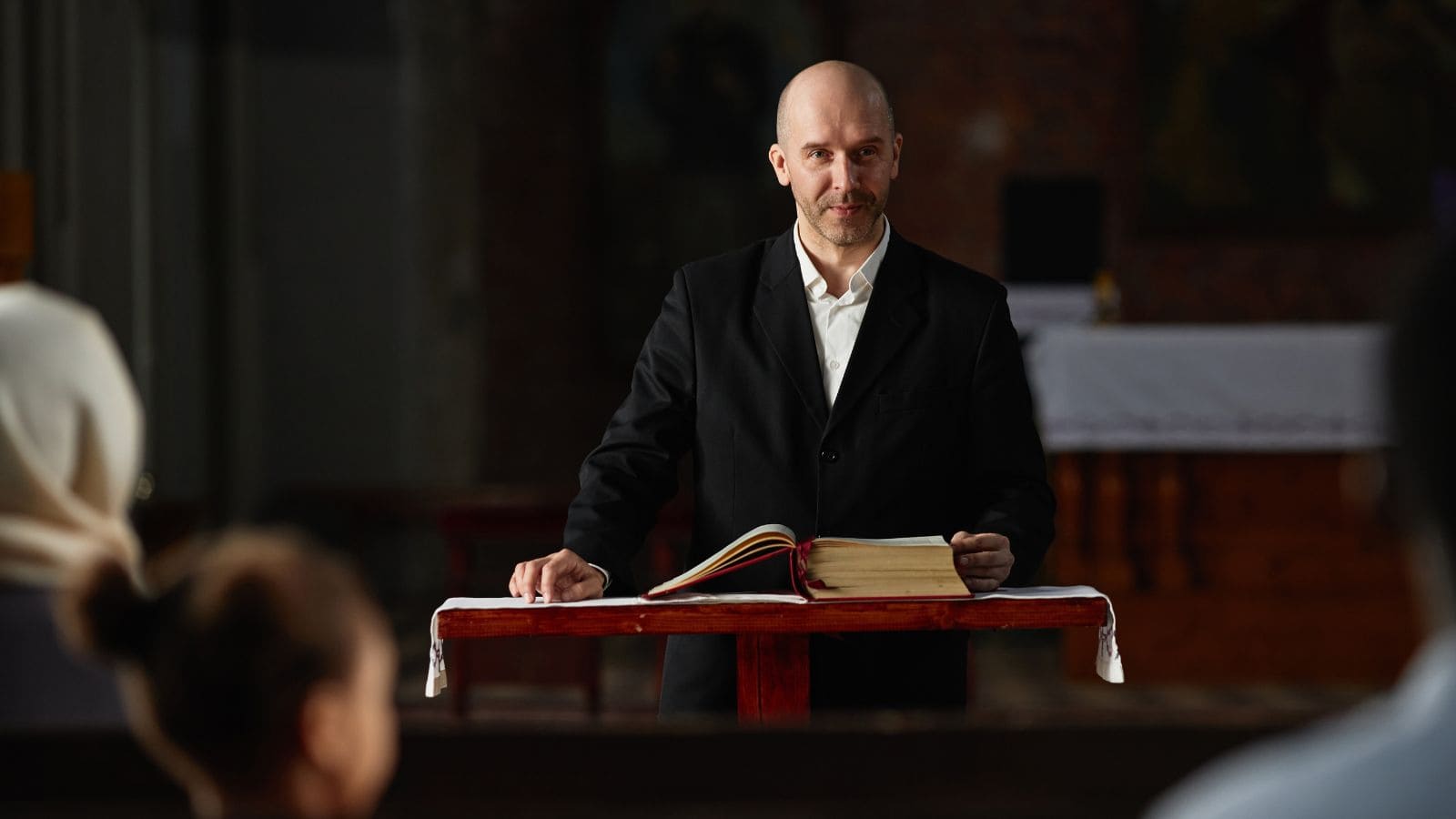
Sometimes, it’s perceived as an elitist institution closely associated with the upper echelons of society. This perception of the Church can create a barrier for those who feel that it doesn’t represent their interests or understand their struggles. The idea that the Church is out of touch with ordinary people can further distance it from the broader population.
Struggles with Financial Sustainability

Financial sustainability is a growing concern for the Church of England. As attendance and donations decline, the Church faces the challenge of maintaining its buildings, supporting its clergy, and funding its programmes. The financial strain can lead to difficult decisions, such as closing churches or reducing services.
Changing Attitudes Towards Religion

Attitudes towards religion, in general, have shifted over time, with many people viewing religious institutions with scepticism or indifference. This broader trend affects the Church of England, as fewer people see religion as relevant to their lives and take their personal choices seriously.
Struggling to Adapt to New Technologies

The rapid advancement of technology presents both opportunities and challenges for the Church. While technology can help the Church reach a wider audience, it also requires adaptation and innovation, and the Church has sometimes struggled to keep up with new technologies.
Balancing National Identity and Globalisation

Long being tied to British national identity, the Church of England is now facing an era of globalisation, which means this connection is being redefined. As the UK becomes more multicultural and interconnected with the wider world, the Church must find a way to resonate with a more diverse population.
Difficulty in Addressing Social Issues

The Church has historically played a role in addressing social issues, but in recent years, it has struggled to take a clear and compelling stance on some of the most pressing concerns of the day. The Church’s voice can sometimes seem muted or inconsistent, whether it’s about poverty, inequality, or climate change.
Challenges with Interfaith Relations

In a multicultural society, interfaith relations are more important than ever. The Church of England has made efforts to engage with other faith communities, but these efforts can be fraught with challenges. Balancing the desire to maintain a Christian identity with the need to build bridges with other religions requires careful consideration.
Internal Divisions

Like any large institution, the Church is not immune to internal divisions. Disagreements over doctrine, practices, and the direction of the Church can create friction within its ranks, and these internal conflicts can spill over into the public domain.
Strained Relationship with Government
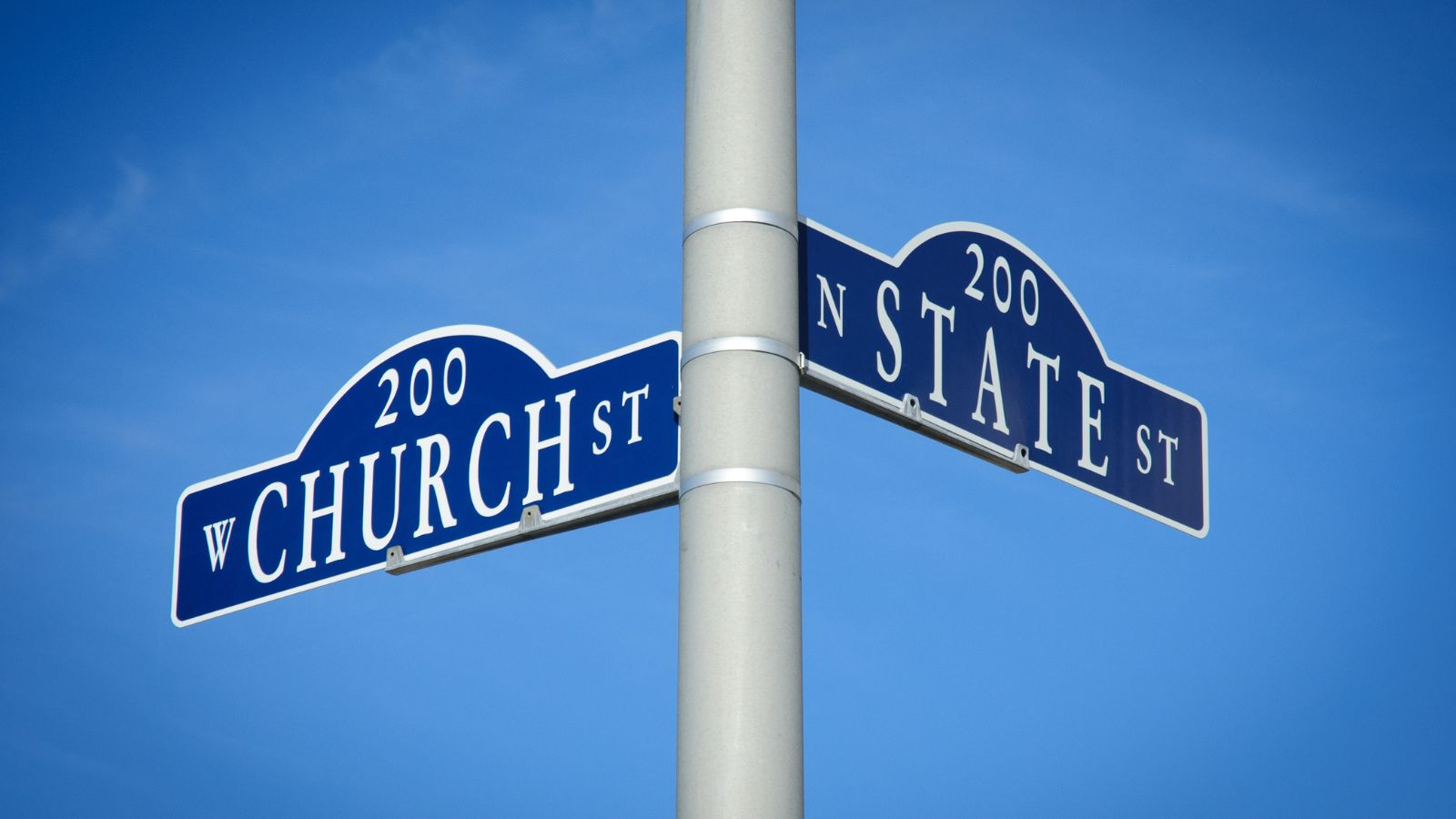
Its historical role as the established church has created a unique relationship with the government. However, this relationship has become more complex and strained over time, particularly as the UK becomes more secular. The Church must understand its role as both a religious institution and a part of the state, which can sometimes lead to tensions.
Challenges in Providing Pastoral Care

Providing pastoral care has always been a core function of the Church of England, but it’s becoming increasingly difficult to meet the needs of a changing society. As communities become more fragmented and diverse, the traditional models of pastoral care may no longer be as effective.
The Weight of History

And lastly, the Church’s long history is both a strength and a challenge. While its rich heritage can be a source of pride, it can also be a burden that makes it harder to adapt to the present, and the weight of history can create resistance to change.







